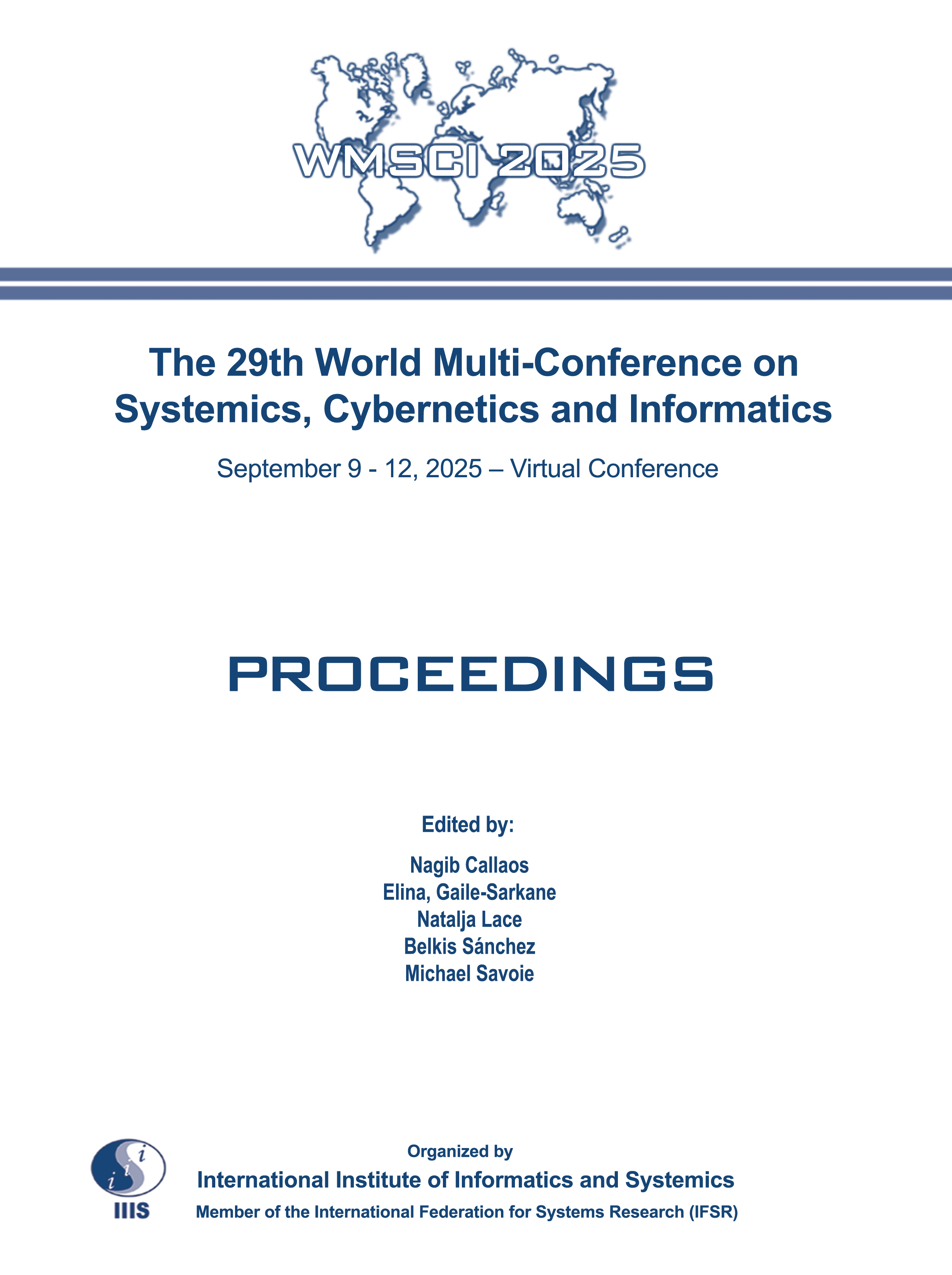2025 Summer Conferences Proceedings

|
A Model to Promote Well-Being for Remote Employees
Viktorija Aleidzane, Liga Kamola, Ieva Orinska
Proceedings of the 29th World Multi-Conference on Systemics, Cybernetics and Informatics: WMSCI 2025, pp. 152-159 (2025); https://doi.org/10.54808/WMSCI2025.01.152
|
The 29th World Multi-Conference on Systemics, Cybernetics and Informatics: WMSCI 2025
Virtual Conference September 9 - 12, 2025 Proceedings of WMSCI 2025 ISSN: 2771-0947 (Print) ISBN (Volume): 978-1-950492-85-5 (Print) |
|
Abstract
The rapid pace of the transition to remote working after COVID-19 has significantly changed the working environment, while creating new demands for the well-being of employees. This can increase burnout, disrupt work-life rhythms, and reduce emotional security without appropriate solutions. On the other hand, psychological strain often comes from unclear boundaries, a lack of informal support, and feeling alone. This work looks at the health and well-being of remote workers in Latvia by combining the Job Demands–Resources (JD-R) model, Work–Life Flow (WLF) theory, and the idea of psychological safety. The research results show that autonomy, empathy from leaders, and a clear communication structure are all important for maintaining well-being. The paper suggests a valuable model that includes structural, relational, and rhythmic interventions to help create long-lasting remote work cultures. Also, the paper adds to both theory and practical advice for institutions trying to figure out how to work in a world after the pandemic.
|
||




